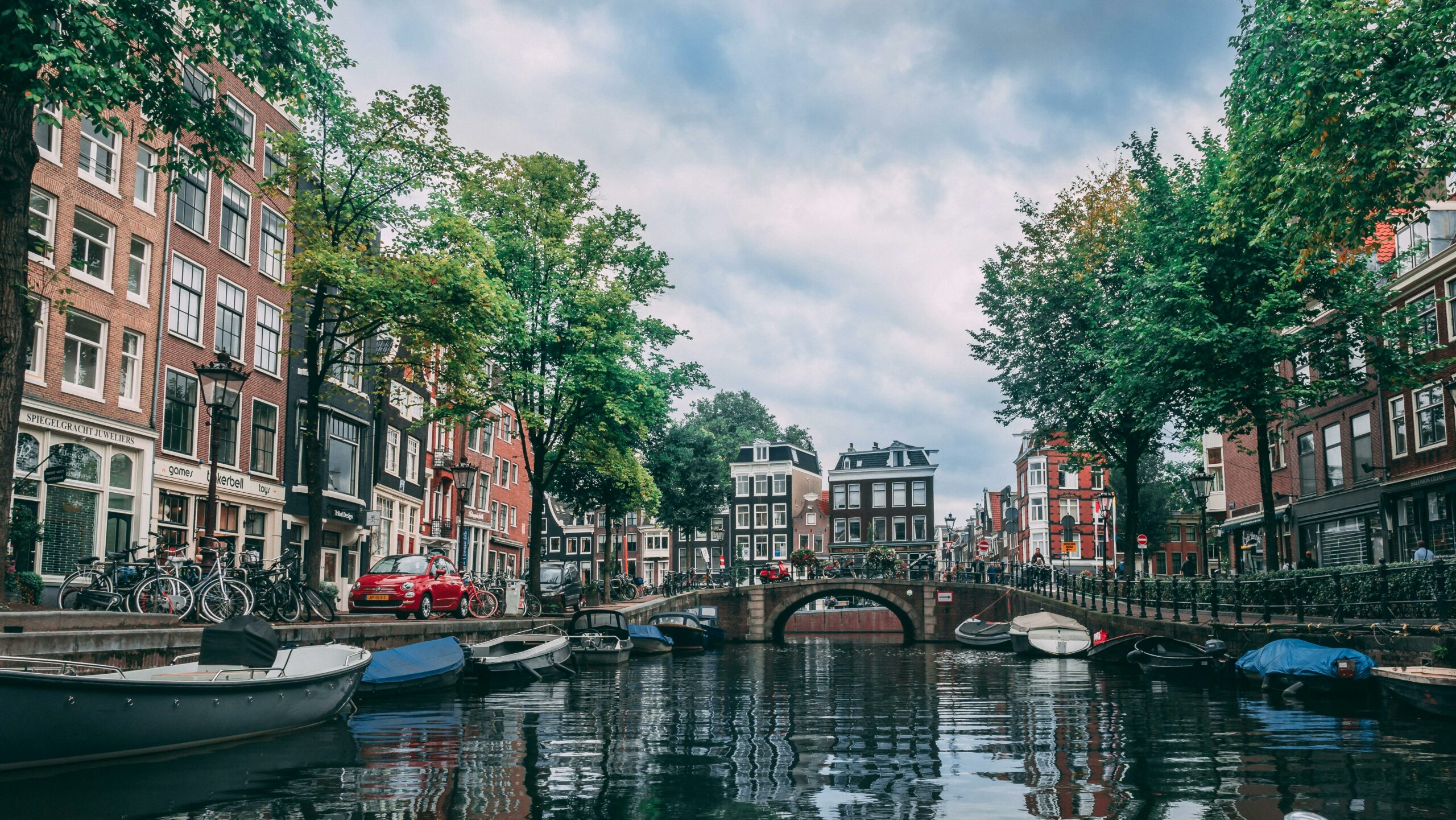Partner content
Moving to the Netherlands: What you need to know

Thinking of moving to the Netherlands? Whether you’re relocating for work, study, love, or just a change of scenery, settling into Dutch life comes with its own unique set of joys and challenges.
From navigating the competitive housing market to understanding the famously direct Dutch communication style, there’s a lot to take in. This article will walk you through the essentials – cultural quirks, practical logistics, and everything in between – to help make your move a smooth one.
Dutch culture: directness, birthdays and the art of ‘doing normal’
Dutch people are famously direct – and they mean it as a virtue, not a vice. You might be taken aback at first by how blunt conversations can feel, but it’s all part of a cultural preference for honesty and clarity. There’s little room for fluff or vague politeness.
Don’t be surprised if your neighbour comments on your curtains or your colleague tells you your idea “needs work” – it’s rarely personal. Social traditions may also seem unfamiliar: birthdays are treated almost like national holidays, with structured greetings and even birthday calendars hanging in the toilet.
Above all, the Dutch ideal of doe normaal – just act normal – runs deep. Standing out too much, bragging or being overly dramatic won’t get you far here.
Getting around: bikes, rules and rainy rides
The Netherlands runs on bikes. With more bicycles than people, cycling is the default mode of transport for commuting, shopping, and everything in between.
But it’s not as relaxed as it might look – there are unwritten rules, lanes to respect, and a hierarchy in traffic where bikes often come first. A decent second-hand bike and a strong lock are must-haves.
And yes, you will bike through the rain – a lot. Locals barely blink at a downpour, often pedalling on in jeans and no helmet. Be prepared, stay visible, and don’t be the person blocking the fietspad.
House hunting in the Netherlands: what to expect
Finding a home can be tough. In cities like Amsterdam, Utrecht and The Hague, the rental market is tight, prices are high, and unfurnished often means completely bare – no lights, curtains or flooring. Social housing has long waiting lists, so most newcomers rely on private rentals. Watch out for scams and be ready to act quickly.
Buying a house is also an option, even for non-Dutch nationals, but it’s competitive and requires navigating Dutch paperwork. You’ll likely need a mortgage advisor and notary, and homes often sell fast. Still, for those planning to stay long-term, it can be worth the effort.
Making friends and building a social life
Making friends in the Netherlands can take time. While the Dutch are friendly and fluent in English, social circles tend to be tight and long-established. You might not get invited over for dinner right away, but colleagues and neighbours are often open for a borrel – the after-work drink that serves as both social glue and informal networking moment.
Joining a sports club, volunteer group, or local course can also help you meet people. And while learning Dutch isn’t essential for survival, it goes a long way in building deeper connections.
Thank you for donating to DutchNews.nl.
We could not provide the Dutch News service, and keep it free of charge, without the generous support of our readers. Your donations allow us to report on issues you tell us matter, and provide you with a summary of the most important Dutch news each day.
Make a donation